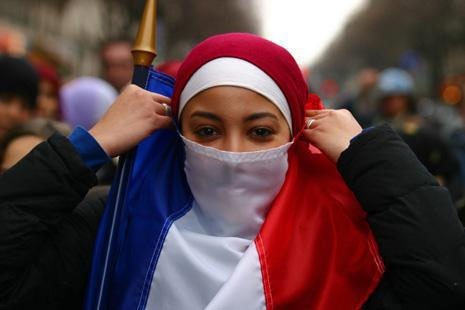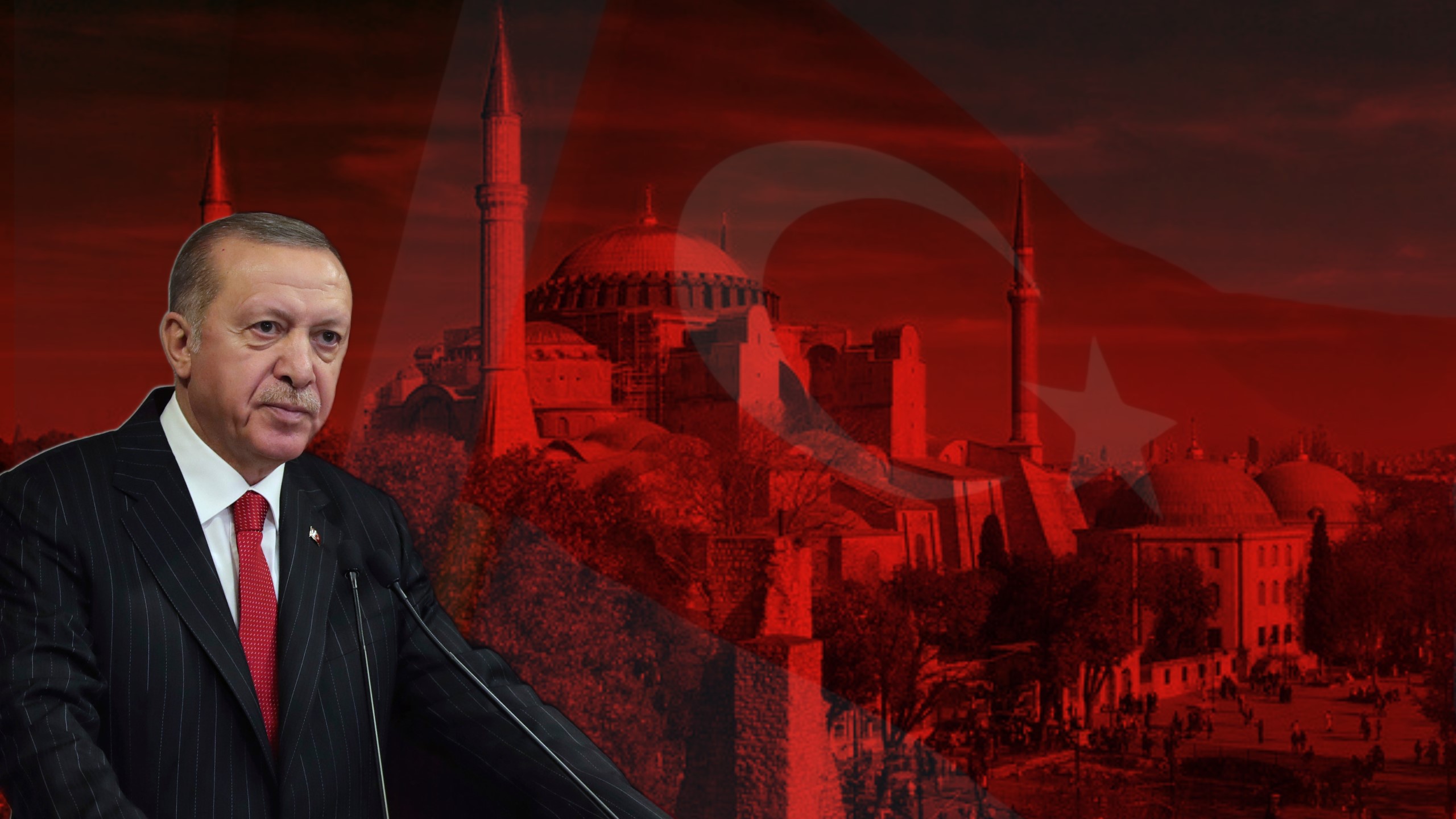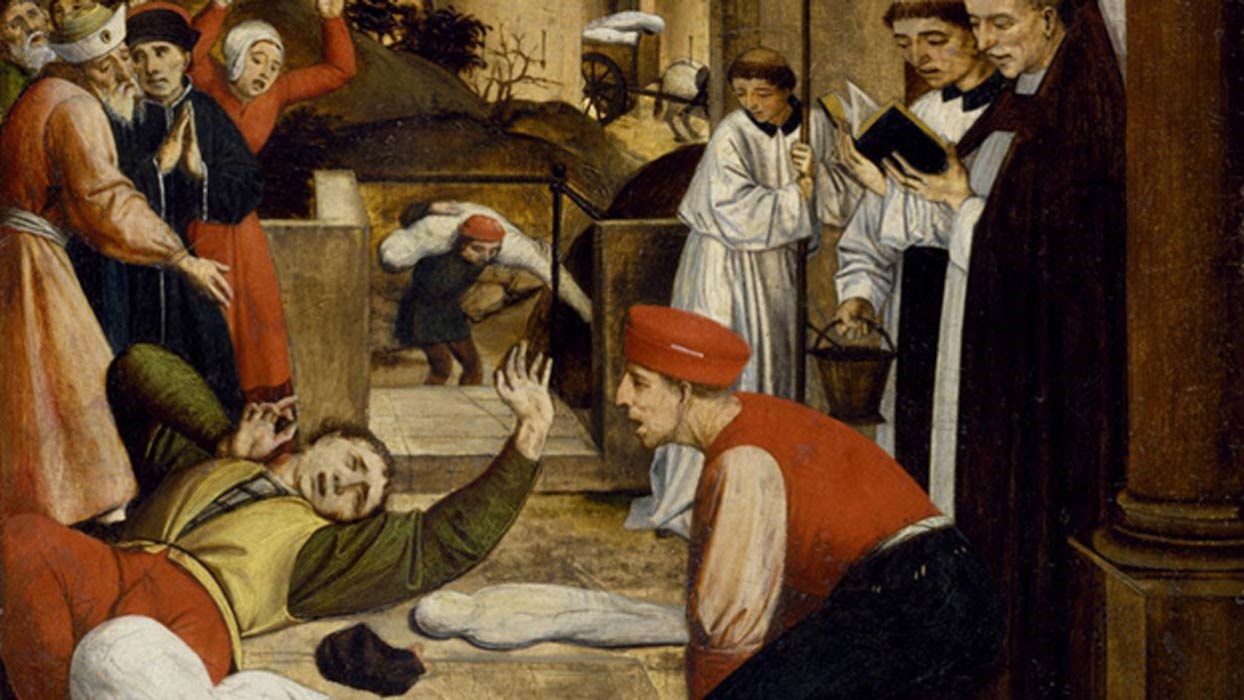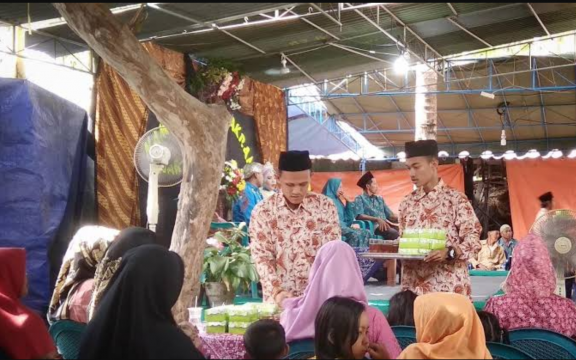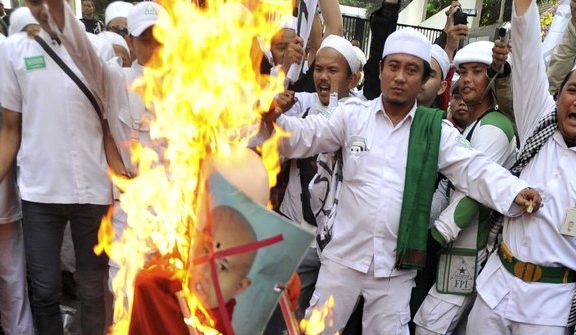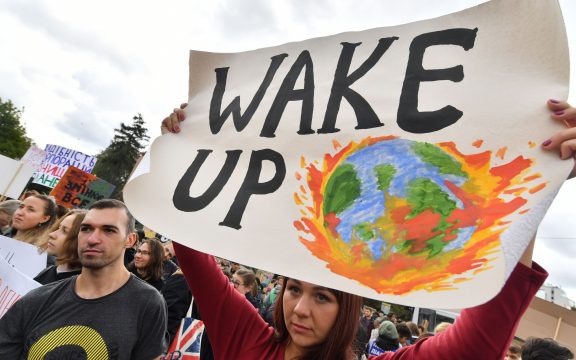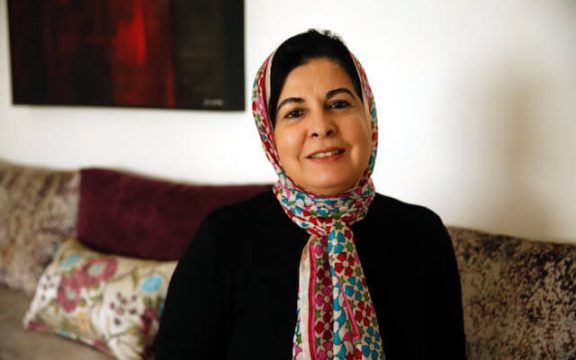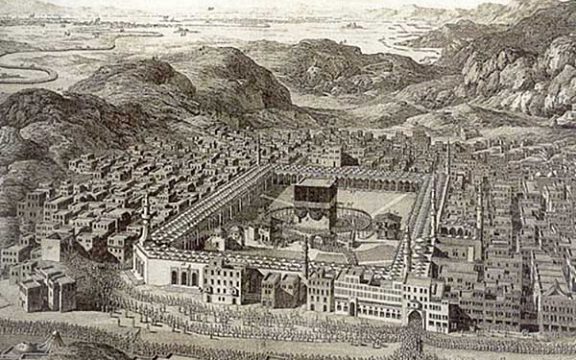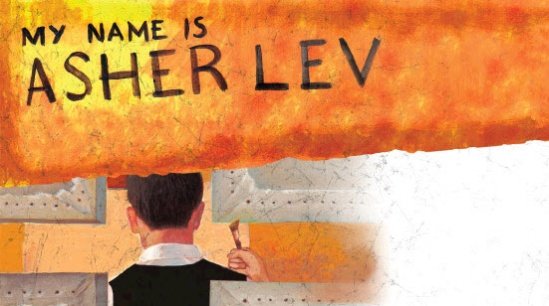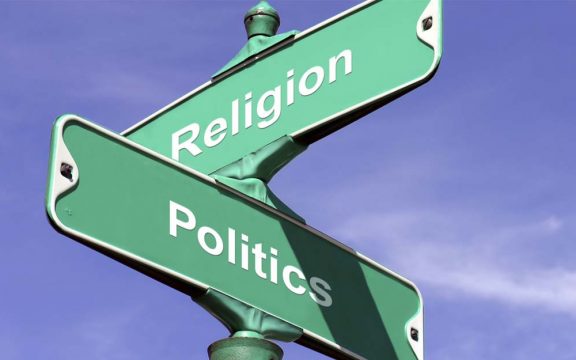These days, the French government is being criticized for its inconsistency in dealing with their extreme secularism. Laïcité, as the system of secularism is, has so far been working with hesitation and dilemma.
On the one hand, France is very strict in limiting religious symbols and activities in the public sphere, but on the other hand its excesses carry the specter of terrorism and the alleged separatism in religious groups. How could it be?
Since 1905 France began to firmly separate the state from religion (in this context the authority of the church). Since then, laïcité was born. Through this concept of secularism, the state ultimately does not facilitate any religious institutions or interfere in their affairs, so that the existing religious community must be financially independent or human resources.
France itself is the country with the largest number of Muslims in Europe. This is inseparable from the massive immigration of Africans and Arabs that occurred in the late 1960s to the 1970s. Now, the impact of laïcité causes the Muslim community to survive with the help of Islamic countries outside France. These assistance can be in the form of funds for the mosque, the import of imams, or sending language teachers.
From here, filtration does not occur optimally due to the thick ear of the state. After France suffered massive attacks by extreme Islamic groups in recent years, the country began to open its eyes and ears. Moreover, Emmanuel Macron has always been away from issues related to the French Muslim community, and has focused more on economic reform.
A few days ago, President Macron had just issued a statement to stop the import of imams and teachers from nine Islamic countries (including Algeria, Morocco, Tunisia, and Turkey) which he had invited to cooperate. The President worried that the risk of separatism would emerge, because the teachers taught language to students who came from those mentioned countries.
This time Macron will not allow any country to “feed” separatism. On behalf of the republic’s sovereignty, he said that presenting the law of Turkey (or any country) above the applicable French national law was impossible.
In addition, Macron will also gradually end the system of sending imams who used to preach in French mosques. He said there were 300 imams sent to the Fashion State every year by Islamic countries, and those who arrived in 2020 would be the last to arrive in that number.
Instead, his government has asked a institution that represents Islam in France to find a solution to train imams on French soil. He also ensured that they could speak French and not spread radical Islamic views.
At this point, laïcité does indeed appear to be slackening due to significant compromises. The state, more or less, began to interfere in matters of religion and its adherents. Even so, criticism of the government in order to more flex its secularism is actually increasingly arriving.
Abdallah Zekri, general delegation of the Conseil Français du Culte Musulman (CFCM), the nationally elected institution for regulation of Muslim religious activities, said that the policy to be taken by the government could not be ascertained whether it was feasible or not. For him, the most obvious at present, if stopping the import of priests without a clear solution there will be new problems coming up.
The government must begin to stop looking away from the mosque if it does not want to get mercy from extremists as they fear. “Si l’Etat veut avoir des imams français républicains, il faut qu’il mette la main à la poche,,” said Zekri. He urged the government to be willing to take money out of his pocket if he wanted pro-republican moderate priests.
At present, France has a total of 2,500-2,700 mosques and does not have enough imams. Prayers and rituals are often led by worshipers who understand the Qur’an better and do it voluntarily. One of the concerns is that regeneration of priests will not run well if the import of priests is stopped. Though the need for Muslim religious leaders in France is quite large.
To avoid this, it seems the government really needs to slam the steering wheel to compromise even further. Laïcité needs a little touch of concern for religion in certain sectors. They must go down to train more priests in France who know republican law and have moderate views. The state also needs to facilitate and increase the number of priest training centers. And most importantly they have to spend to, at least, provide financial support to the mosque.
Criticism that comes in fact does not only come from Muslim groups. Macron was constantly attacked by the right-wing French leader, Marine Le Pen, on the issue of how to integrate French Muslims.
In the midst of a wave of xenophobia and Islamophobia that has swept across Europe, France has a great duty to maintain order and sovereignty of its country at the same time. This secularism dilemma continues to unfold, who knows how long, until they find the right form and strategy in handling the problem of importing religionists who are vulnerable to being infiltrated by this extreme ideology. Of course, without changing many things in the concept of laïcité that had been agreed upon by their founding fathers.
As we continue to grow and improve ourselves over all the problems we face in Indonesia, France also needs more contextual reinterpretation of the system and law in their country. Above all, we have a common goal to fight for the values of justice and humanity in the life of the nation and state.
Translated from the original article : https://islami.co/persoalan-impor-imam-di-prancis-dilema-sekularisme/, by : Mohammad Pandu on 21 February 2020.
![Islami[dot]co](https://en.islami.co/wp-content/themes/jambualas/images/logo.png)
